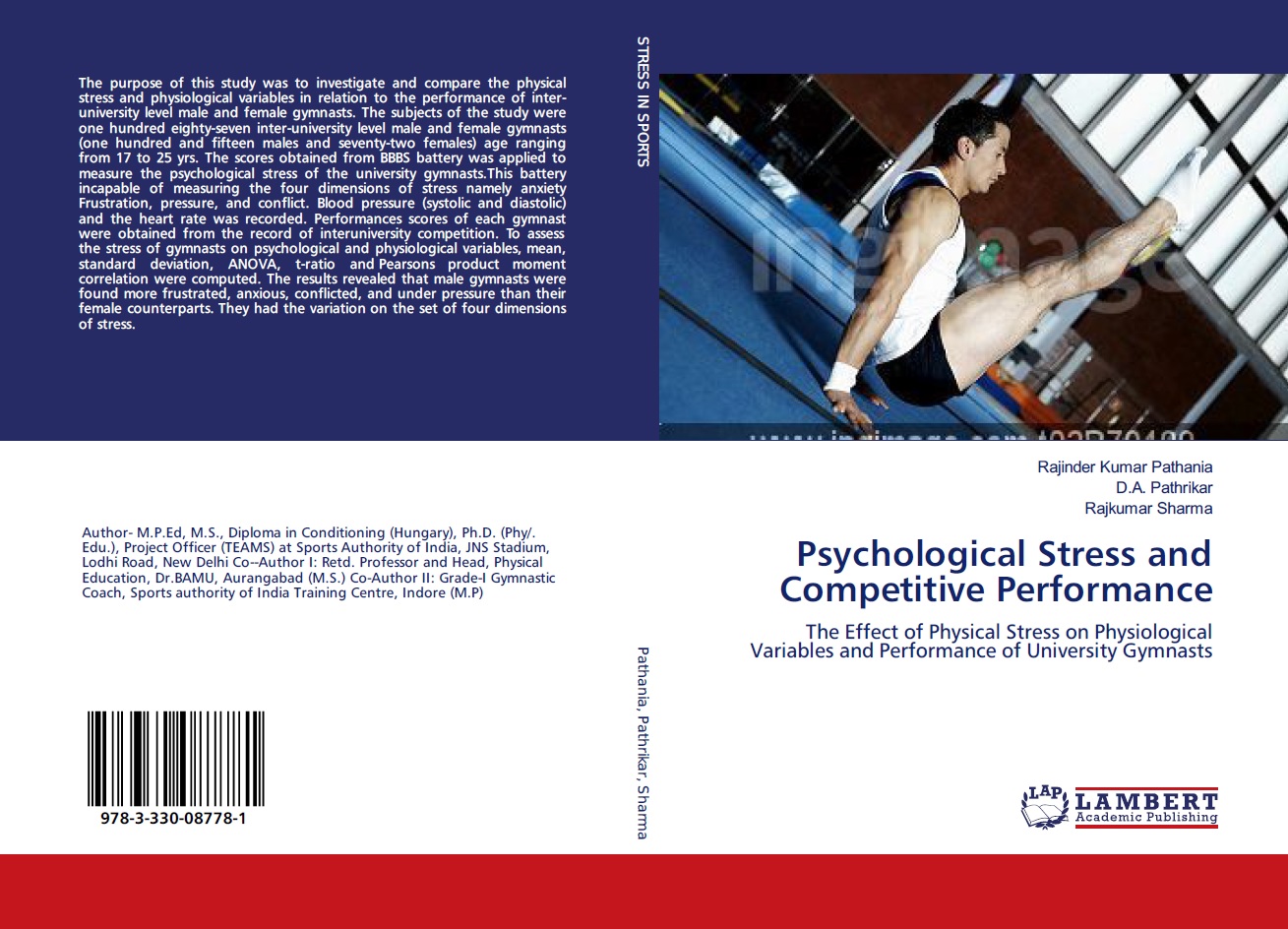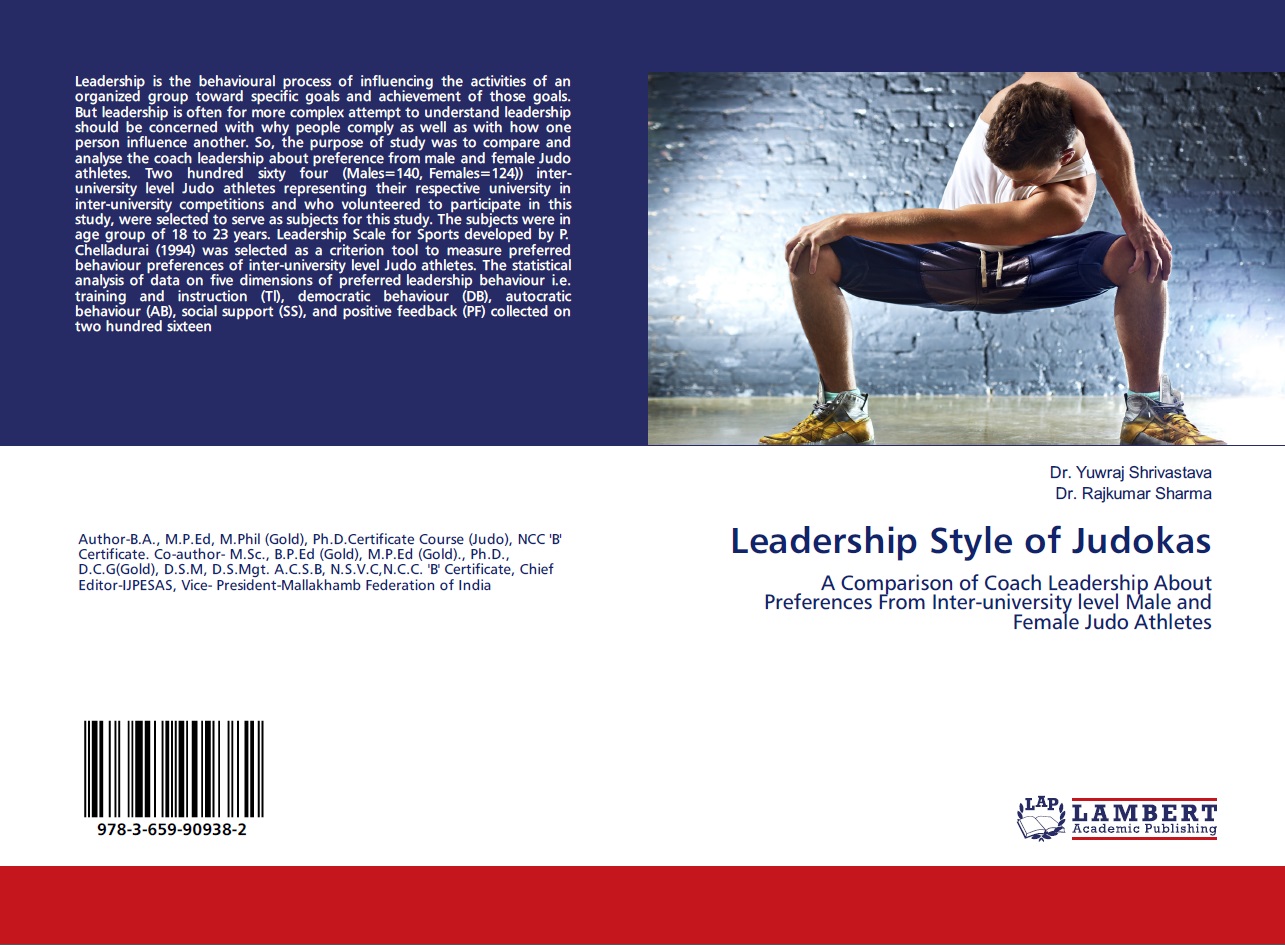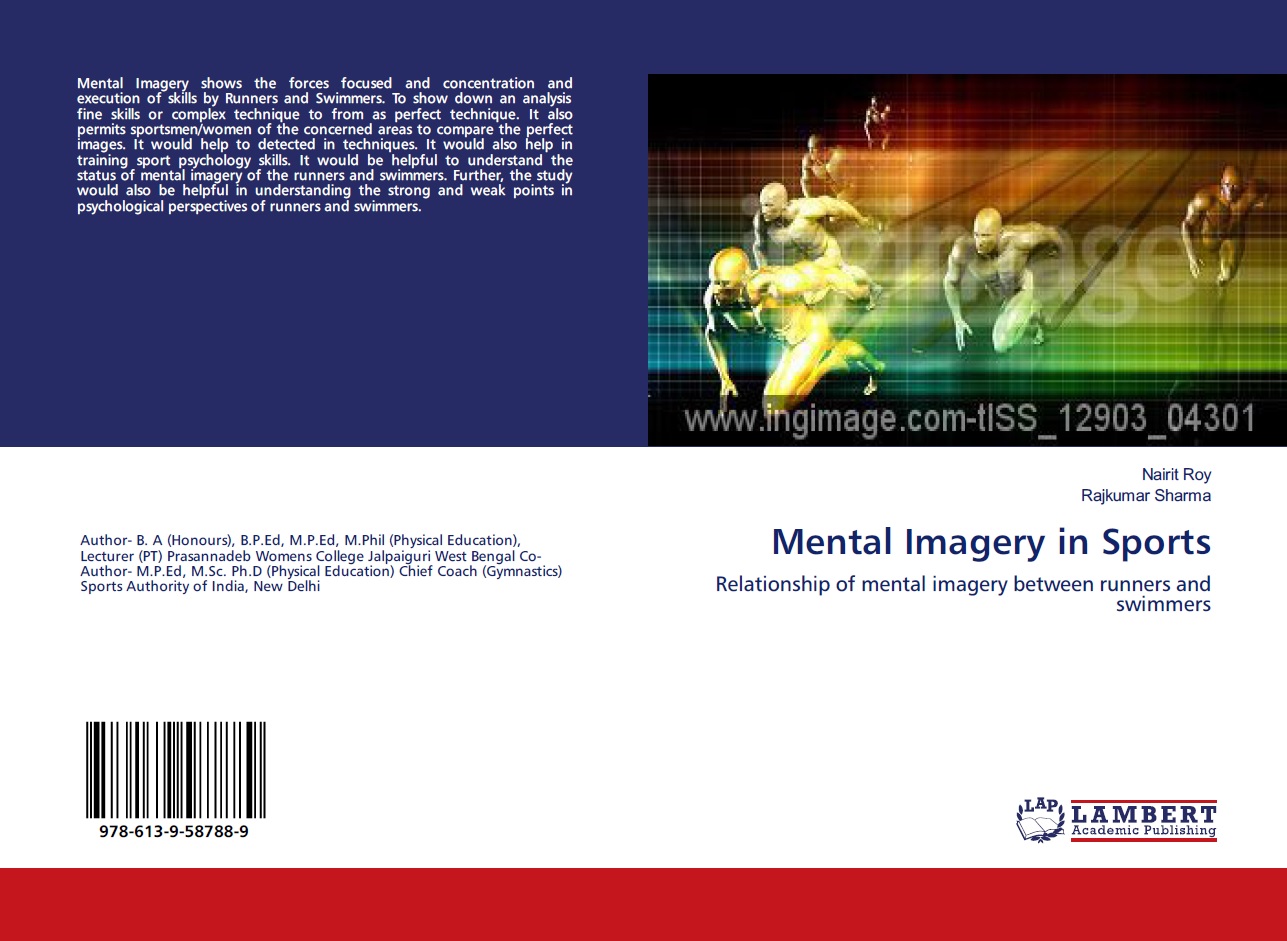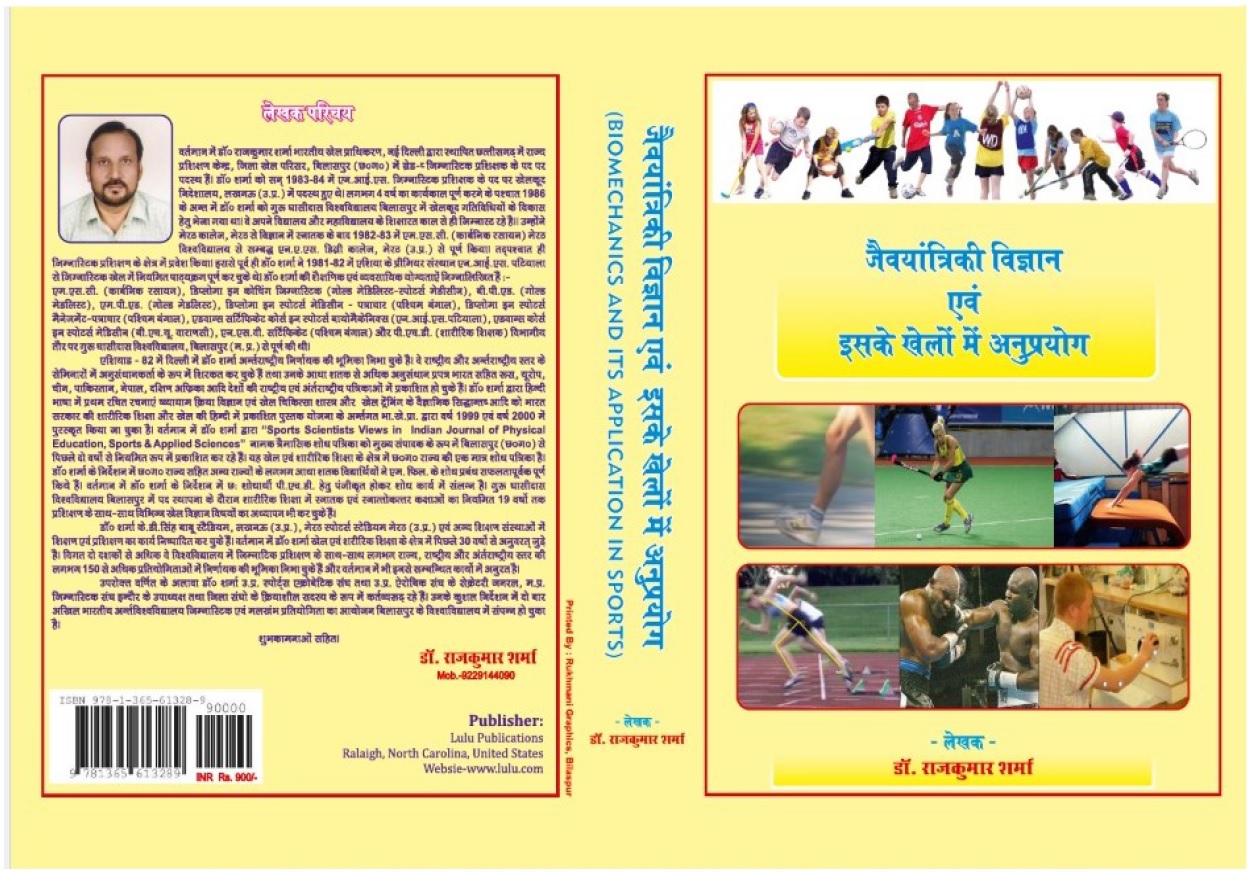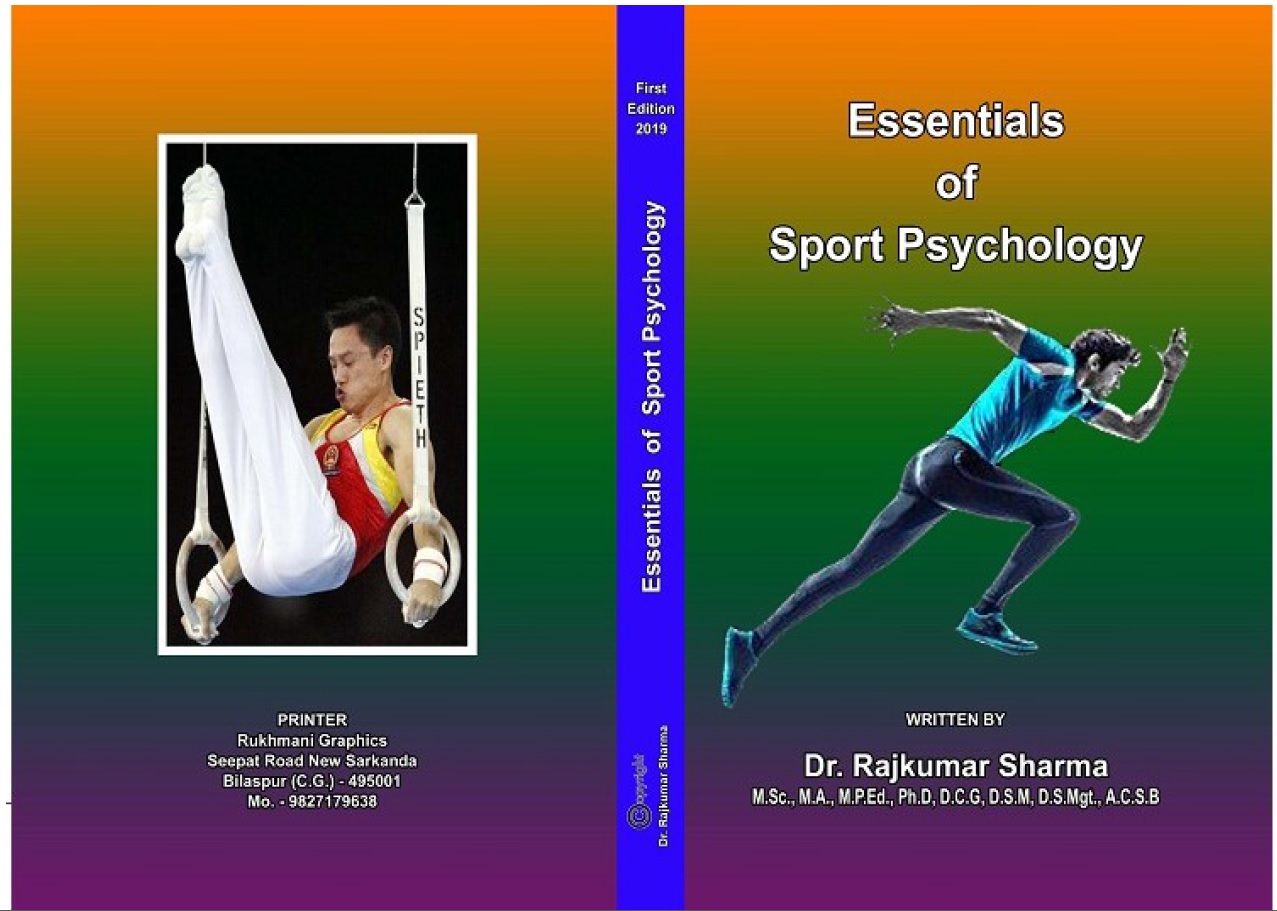| S.No. | Total View Count | Title of Manuscript | Page No | Download/ PDF |
|---|---|---|---|---|
| 1 | REVIEWING THE KENYAN PHYSICAL EDUCATION CURRICULUM THROUGH A DE-COLONIZATION EFFORT Author: Daniel Muindi1 | 44-57 |  4 4 |
Article info
doi no.: 05-2016-44975451, DOI Link :: https://doi-ds.org/doilink/12.2022-47949473/IJPESAS/05.2016-44975451/V12/I3/A6
AFFILIATIONS:
1 Senior Lecturer, Department of Educational Communication and Technology, Kenyatta University, Nairobi Kenya Tel +254 738404505 P.O BOX 43844-00100
Physical education is an educational process that uses physical activity as a means to help individuals acquire skills, fitness, knowledge, and attitudes that contribute to their optimal development and well-being. The history of PE in Africa dates back to pre-colonial times. In the pre-colonial period, the traditional African physical activities and recreation were characterized by being local and community based. The recreational and physical activities reflected the lifestyle of the said community paying attention to the specific needs of that particular community. People engaged in traditional games and sports activities such as wrestling, racing exercises, stick fights, hunting with use of spears and arrows, board games, bull fights, dances, rustling among others. These activities were mainly driven by the need for survival and prestige. At the advent of colonization the Europeans introduced western and European education systems in Africa and most of their colonies. Western oriented physical education was also introduced and this opened the door to European games and competitive and team sports. This was propagated at the expense of local and traditional African physical activities which were perceived as barbaric. Consequently, physical education as a subject attracted a cold reception right from the onset. However, even though viewed negatively, the same aspects physical education aspects introduced by the colonialists have persisted in post-colonial Africa. Very little has changed in terms of the content as well as the approach to teaching. This has seen the subject relegated to the periphery in favour of what are considered academic subjects. In addition to its being viewed as being too much western oriented, physical education has also been criticized of having been introduced to achieve other non-educational objectives such as military training, training of lower-rank civil servants, transmission of middle-class values of conformity and also for deferred gratification and social control. Consequently, to date despite numerous studies linking physical education participation and cognitive development, it has been difficult to show that link in Africa. The emphasis on competitive team sports that were introduced by the colonialists has also seen the subject being viewed as of no value beyond the school especially for those with no interest in sports. This paper argues that for physical education to play its rightful role within the education sector, there is need to decolonize the teaching of the same. Teachers need to contextualize the games and sports so as to make them more relevant to the participants. They also need to emphasize on the how the skills learnt and knowledge gained can be useful beyond school life and this will make the subject more meaningful for the participants.
Key word: Physical Education, Curriculum, Colonization , African, Acivities.
References
Akioye, I. (1978). Tape Recorded Interview National Sports Commission, Lagos, May 8.
Bressan E. S. & Van Der Merwe J.G. (1992). An Historical Sketch of the Development of Games, Sport, Dance and Physical Education in sub Saharan Africa. Stellenbosch University. U.S.A.
Chepyator-Thomson, J. R. (2014). Public policy, physical education and sport in English-speaking Africa. Physical Education and Sport Pedagogy, 19(5): 512–521.
Chipande, H.D. (2009). Introduction and Development of Competitive Football in Zambia. A Historical Perspective (1930-1969). Master Thesis in Sport History. Norwegian School of Sports Sciences, Norway. Retrieved June 30, 2020, https://brage.bibsys.no/
Demirel, D.H. &Y?ld?ran, I. (2013). The Philosophy of Physical Education and Sport from Ancient Times to the Enlightenment. European Journal of Educational Research Vol. 2 (4) : 191-202.
Edginton, C.R., Chin, M.K. & Khanna, G. L. (2011). Global Forum for Physical Education Pedagogy 2010: Health and Physical Education Pedagogy in the 21st Century ~ A statement of Consensus. Journal of Adapted Physical Education and Yoga. 1(1): 51-52.
Embassy of the Republic of Kenya in Russian Federation, (2013). Sports in Kenya. (Online). Retrieved on 30th June, 2020. http://www.kenemb.ru
Enahoro, A. (1965). Fugitive Offender: The story of a Political Prisoner. Cassell& Company Ltd., London.
Fafunwa, B. A. (1974). History of education in Nigeria. London: George Allen and Unwin.
Hardman, K. (2009). A Review of the Global Situation of Physical Education. International Journal of Physical Education, 46: 2-21.
Hinfelaar, H. (2007). Footsteps On the Sands of Time. A life of Bishop Jan van Sambeek. Missionaries of Africa History Series No. 8. Rome: Society of Missionaries of Africa.
Jeffrey O. Segrave, Isaac Carp, Aldin Medunjanin: The Rio De Janeiro (2016). Olympic Games: Current Issues and Problems. Journal of Physical Education and Sport
Kakuwa, M. (1999). ISE 151: The History and Development of Physical Education, Batch One. Lusaka: University of Zambia, Directorate of Distance Education.
Kakuwa, M. (2005). Zambian Traditional Games and Activities. Oslo: Kicking AIDS Out.
Kirk, D. (1999). Physical Culture, Physical Education and Relational Analysis. Sport, Education and Society, 4(1) :63–73.
Kirk, D. (2010). Physical Education Futures. Routledge, Canada.
Kirk, D. (2014). A defining time for physical education futures? Exploring the legacy of Fritz Duras, Asia-Pacific Journal of Health, Sport and Physical Education, 5(2):103–116.
Kirk, D. (2014a). Physical education and curriculum study. New York Routledge.
Ladani, B. A. (1994). Foundations and Historical Perspectives of Physical Education and Sport (Monograph). Ahmadu Bello University, Zaria.
Laoye, J. A., and J. W. Ackland. (1981). Principles of physical education for Nigeria teachers colleges. Ibadan, Nigeria: University Press Limited.
McIntoch, P. C. (1972). Physical Education in England Since 1800. G. Bell and Son Ltd., London.
Mligo, E. S. (2013). Element of African traditional Religion: A Textbook for Students of Comparative Religion. An imprint of Wipf and stock publisher, USA.
Mufalali, I. (1974). Physical Education in Primary Schools. Lusaka: NECZAM.
Musangeya, E, Kupara, C.T, Tanyongana, C and Mumvuri, D. E.(2000), Historical perspectives in Physical Education and Sport. Harare, Zimbabwe Open University.
National Academy of Sciences (2013). Educating the Student Body: Taking Physical Activity and Physical Education to School. Washington, DC, National Academies Press.
Ndee, H. S. (2010a). Prologue: Sport, Culture and Society in Tanzania from an African Perspective. The International Journal of the History of Sport, 27(5): 733–758.
Ndee, H. S. (2010b). Germany and Eastern Africa: Gymnastics in Germany in the Nineteenth Century and the Diffusion of German Gymnastics into German East Africa. The International Journal of the History of Sport, 27(5): 820–844.
Ndee, S. H. (1996). Sport, Culture, and Society from an African perspective: A study in Historical Revisionism. The international Journal of the History of sport, 13(2): 192–202.
Nhamo, E. & Muswazi, T.M. (2014). Critical Barriers Impeding the Delivery of Physical Education in Zimbabwean Primary and Secondary Schools. Journal of Sports and Physical Education (IOSR-JSPE) 1(3), 01-06. E-ISSN: 2347-6745. Retrieved July 16, 2017, from http://www.iosrjournals.org
Njororai, W. (2009). Colonial legacy, minorities and association football in Kenya. Soccer & Society, 10(6): 866-882.
Northern Rhodesia. (1948). Annual Report, 1948. London: His Majesty’s Stationery Office.
Northern Rhodesia.(1962). Annual Report, 1962. London: His Majesty’s Stationery Office.
Nyakweba, J. (2005). Status of PHYSICAL education in Butere Division Secondary Schools. Unpublished Master Thesis, Kenyatta University, Kahawa.
Odendaal, A. (1990). South Africa's black Victorians, sport, race and class in South Africa before union: In J.A Meagan: Profit, Pleasure and Proselytism: British culture and sport at home and abroad 1750-1914.
Omolewa, M. (1996). Before MANSER: Mobilizing for leisure through sports. In Recreation education, ed. J. A. Ajala, 11–26. Ibadan, Nigeria: University of Ibadan.
Omoruan, J. C. (1996). A handbook of physical education, sport, and recreation. Zaria, Nigeria: Asekomhe Publishers.
Shehu, J. (2001). Indigenous games as counterparts to modern sports. Paper in Education and Development, 21: 84–95.
Snelson, P.D. (1974). Educational Development in Northern Rhodesia 1883-1945 (2nd Ed). Lusaka:Kenneth Kaunda Foundation.
Tipton, C.M. (2014). The history of “Exercise Is Medicine” in ancient civilizations. Advances in Physiology Education, 38(2): 109–117.
Torres, C. (2014). Introduction to Philosophy of Sport. Lecture notes distributed in the unit titled Games, Sport and Competition on November 3, 2014 at the International Olympic Academy, Olympia, Greece.
Wamukoya, E., & Hardman, K. (1992). Physical education in Kenyan secondary schools. British Journal of Physical Education, 23(4): 30-33.
Wanderi, M. (2006). The traditional games of Africa: Directions and challenges in their promotion and formalization. International Journal of Physical Education, 43(1): 31-38.
Wuest, D.A. & Bucher, C.A. (1999). Foundations of Physical Education and Sport (13th Ed.) Boston: McGraw-Hill.
Zimbabwe Open University (2000). B.Sc. Physical Education and Sport. Module PES 101. Harare: Zimbabwe Open University.
 admin@sportscientistsviews.com
admin@sportscientistsviews.com

